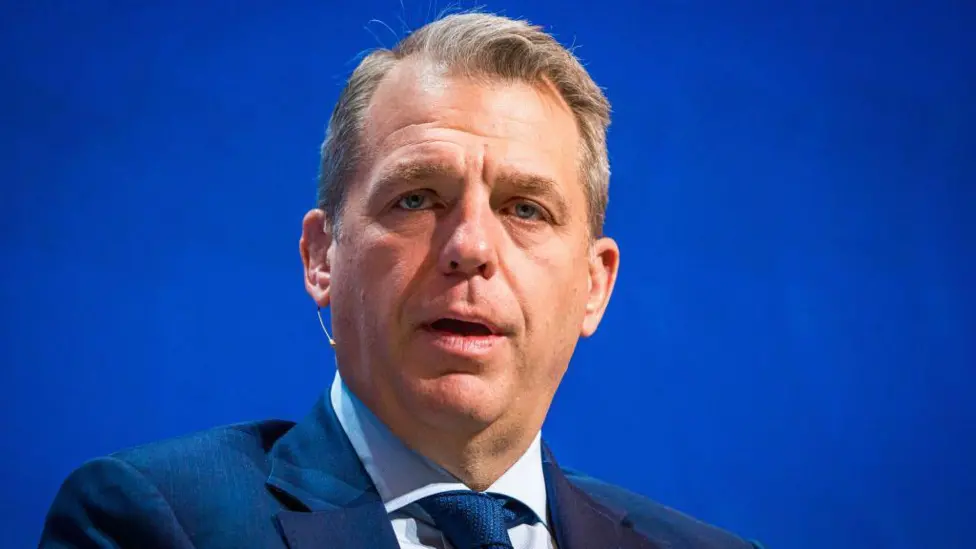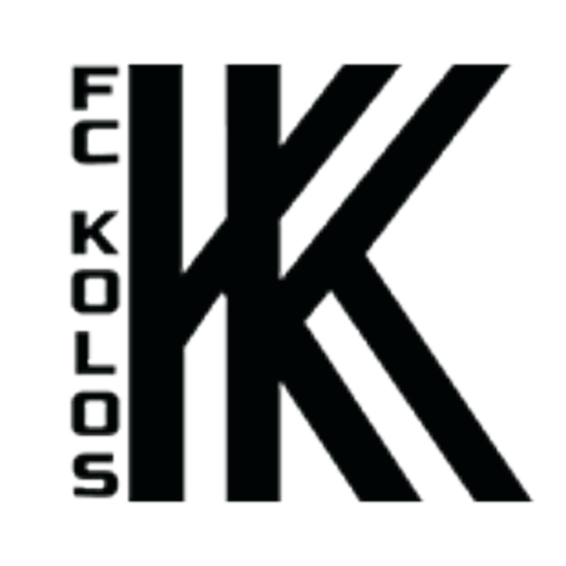
Chelsea Top Agent Fee Spend Again as Premier League Clubs Cut Back
Chelsea lead the way in agent fees again as Premier League spending cools
When it comes to spending on agents, Chelsea are once again top of the pile. For the second year running, the Blues have shelled out more than any other Premier League club to intermediaries facilitating player transfers. The newly released figures from the Football Association, covering the period between February 2, 2024 and February 3, 2025, show that Chelsea paid a little over £60 million in agents fees — more than any of their top-flight rivals.
That eye-watering figure is still a drop compared to the £75.1 million Chelsea spent in the previous cycle, yet it comfortably places them ahead of the chasing pack. Manchester City came in second once again with just over £52 million spent, while Manchester United followed with an outlay of around £33 million. The figures paint a telling picture of how top English clubs continue to invest heavily in the behind-the-scenes deals that get players through the door.
A high-spending habit that won’t go away
Chelsea’s transfer policy under the ownership of Todd Boehly and Clearlake Capital has been a major talking point since their takeover. The club has spent vast sums on player recruitment, and with that comes significant fees to intermediaries — the go-betweens who make sure deals are done.
While some fans may raise their eyebrows at yet another year of extravagant agent fees, others will point to Chelsea’s long-term project of building a young, high-potential squad. Still, the £60 million price tag for facilitating those moves shows just how expensive the process can be — even when the transfer window itself may not include record-breaking signings.
Interestingly, the Premier League as a whole only saw a minor decrease in overall agent fee expenditure. Clubs spent £409.1 million on agents during this window — a slight dip from the £409.5 million reported last year. Despite widespread reports of financial fair play pressures and calls for more responsible spending, the sums involved in football’s shadow economy remain massive.
Manchester clubs stay in the race
Behind Chelsea, Manchester City and Manchester United continue to be big players in the agent market. City’s £52 million+ outlay keeps them close to the top, reflecting their continued ambition both domestically and in Europe. City’s deals are typically efficient and targeted, but that doesn’t mean they’re cheap. Agents’ roles in facilitating high-profile, high-wage moves remain vital, and their fees reflect that.
United, who continue to reshape their squad under the guidance of new minority owner Sir Jim Ratcliffe and INEOS, came in third with £33 million spent. It’s a number that might come down in future years if the club streamlines its recruitment process, but for now, United remain one of the biggest contributors to agent-related spending.
Villa, Newcastle, and the rest of the top 10
Completing the top five are Aston Villa (£25 million) and Newcastle United (£24.3 million). Both clubs have been pushing to cement themselves as Champions League regulars, and that ambition has come with major transfer investments. Villa’s recent surge under Unai Emery has been supported by clever recruitment, but it’s clear that those behind-the-scenes negotiations also come at a cost.
Next in line are Arsenal (£22.8 million) and Liverpool (£20.8 million) — the current top two in the league table. Their slightly lower spending on agents might reflect more settled squads or a more strategic approach in the market, but both clubs still feature inside the top 10.
Rounding out that list are West Ham (£19 million), Tottenham Hotspur (£18.4 million), and Brighton & Hove Albion (£16.5 million). Notably, Brighton’s figure stands out considering the club’s reputation for smart, value-based recruitment. Even the best at finding bargains still need to pay agents to get deals done.
Ipswich Town’s efficient rise
On the opposite end of the spectrum sits Ipswich Town, who spent just £6.2 million on agent fees — the lowest in the Premier League. That’s particularly impressive considering this was a promotion-winning season for the Tractor Boys, returning to the top flight after over two decades.
Ipswich’s ability to keep costs down while achieving success shows that, even in a sport awash with money, there are still ways to climb the ladder without breaking the bank. Their approach will likely be closely watched by clubs across the Football League looking to replicate their model.
Leeds dominate Championship agent fees

Chelsea top of Premier League table … for record £75m spend on agents | Premier League |
In the Championship, Leeds United emerged as the clear top spenders on agent fees, parting with £18.8 million in their bid to return to the Premier League. That figure is nearly four times higher than the second-biggest spenders, Burnley, who spent £5.3 million.
Daniel Farke’s side clearly weren’t shy about paying for talent and experience to push for promotion, and with Premier League riches on the horizon, some might see the investment as a necessary risk.
In total, clubs in the Championship spent £63.2 million on agent fees — highlighting the growing financial demands of English football’s second tier. As promotion becomes more lucrative and the stakes get higher, it’s no surprise that clubs are spending big even before they reach the promised land.
Women’s Super League: Chelsea lead again
In the Women’s Super League, Chelsea Women mirrored their male counterparts by also finishing top of the agent fee table. The reigning champions spent £622,604 on intermediaries — nearly three times more than Manchester City, who came second with £288,628.
The 12 clubs in the WSL spent a combined £2.1 million on agents during the same period, meaning Chelsea’s share amounted to 28.6% of the entire division’s spending. It’s a remarkable statistic that underlines just how seriously the Blues are taking their dominance in the women’s game.
Under incoming manager Sonia Bompastor, who is set to replace Emma Hayes at the end of the season, Chelsea will continue to invest in top-level talent — and that will almost certainly mean more business involving agents in future windows.
A changing market — but familiar names
Though overall agent fee spending is relatively stable compared to last year, the gap between clubs remains stark. The top-spending clubs, led by Chelsea, continue to spend tens of millions more than those lower down the table.
Some argue that regulation is long overdue. Critics of the current system point out how agents are often rewarded with large sums despite contributing little to on-pitch performance. Meanwhile, defenders of intermediaries suggest their role is crucial in ensuring smooth negotiations, especially in a sport where personal terms, image rights, and contract clauses have become increasingly complex.
Whatever side of the debate you fall on, one thing is clear: agents remain a powerful force in modern football — and Premier League clubs, especially the big boys like Chelsea and City, are still willing to pay handsomely for their services.
Final thoughts: keywords for a shifting industry
In an era where financial sustainability and cost-cutting are buzzwords in football boardrooms, the continued reliance on high agent fees stands in contrast. While some clubs, like Ipswich or Brighton, seem to manage their affairs with impressive efficiency, others — especially at the top — are still heavily reliant on intermediaries to get deals over the line.
As the market evolves, we may yet see shifts in how clubs approach transfers and negotiations. But for now, the keywords remain the same: money, ambition, and the agents who bridge the gap between clubs and players. And in that world, Chelsea are still leading the charge.








































































































































There are no comments yet. Be the first to comment!